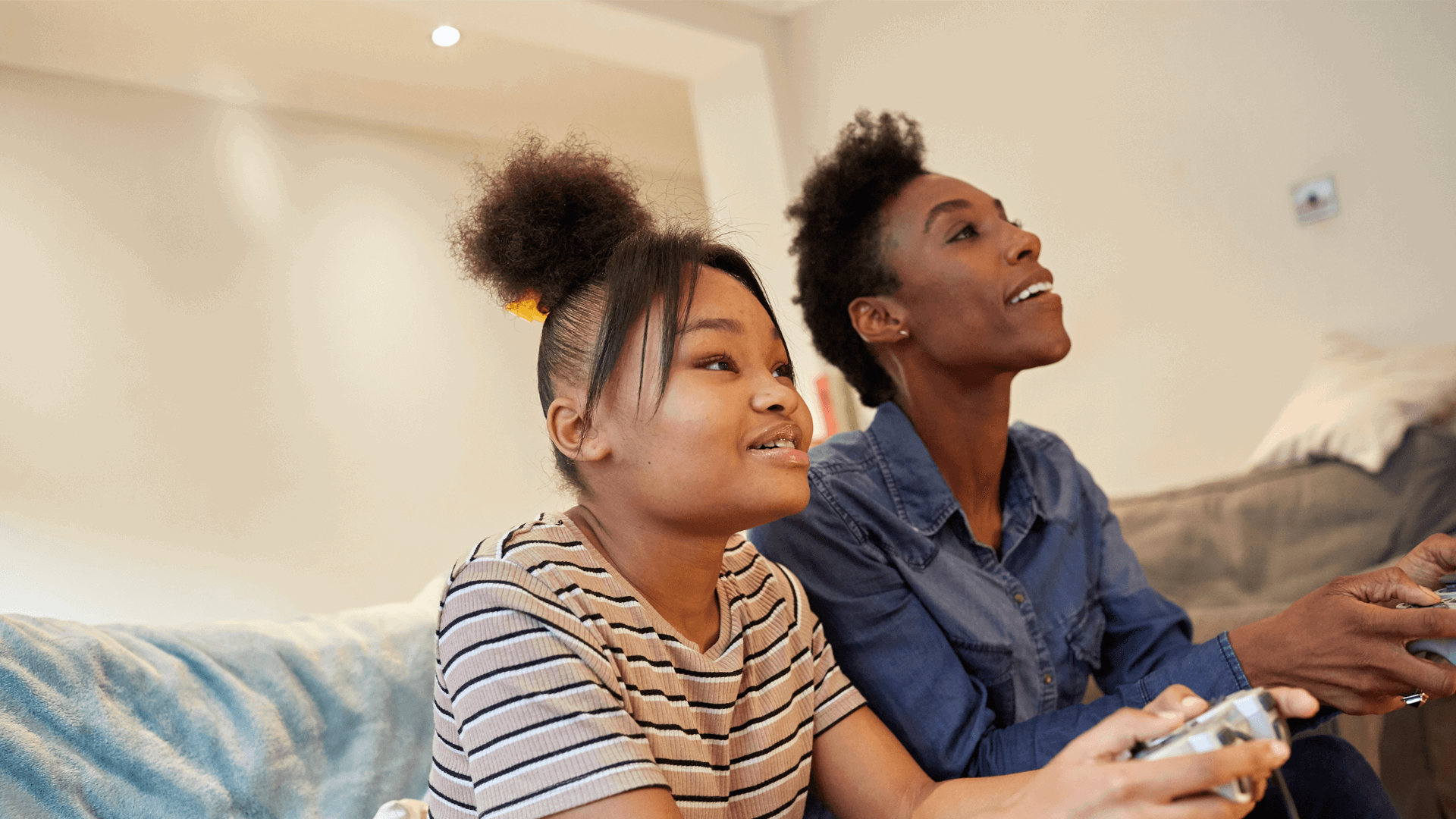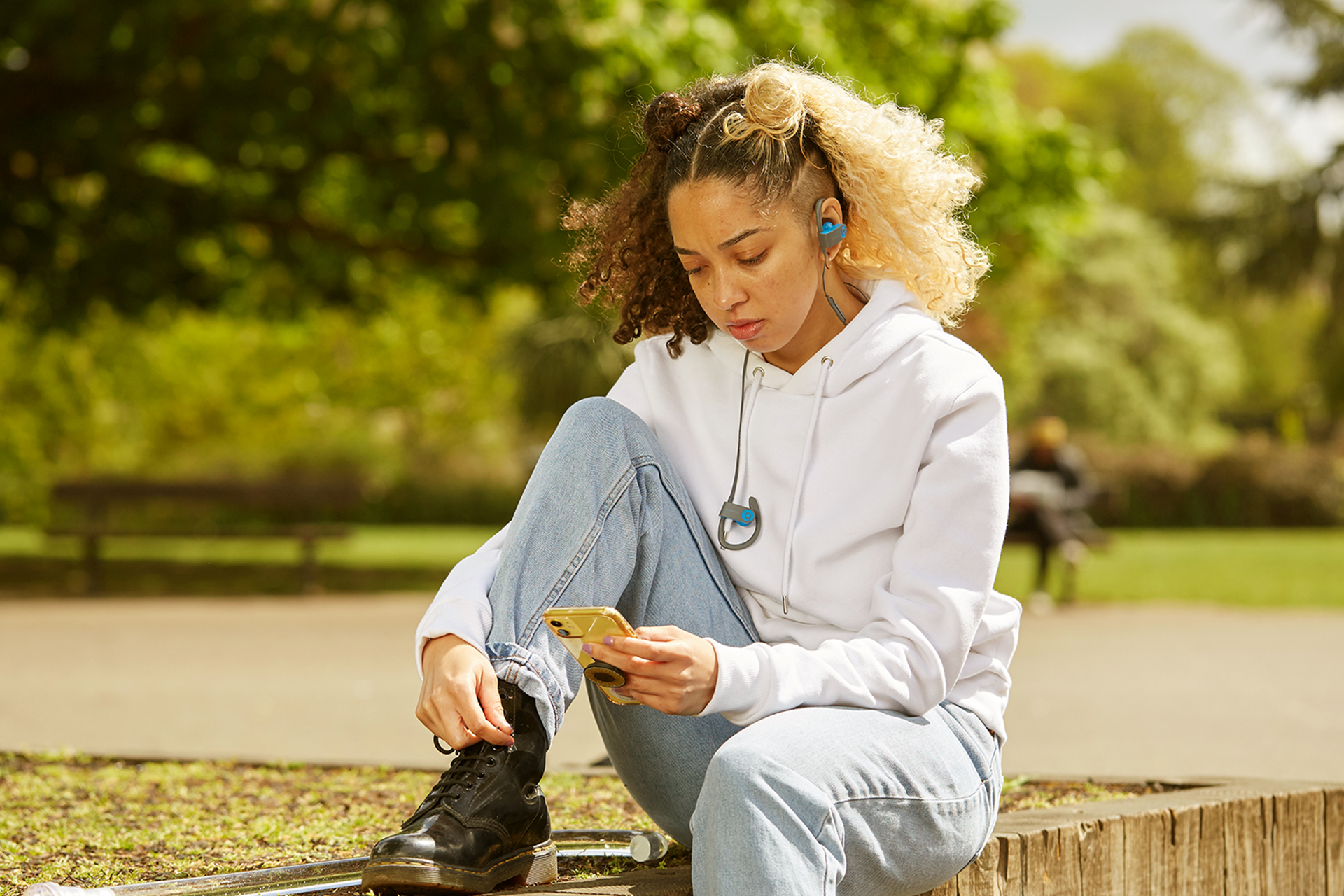If you’re worried that gaming is having a damaging effect on your child’s mental health, and the strategies you’ve been using aren’t working, speak to your GP.
When talking to your GP, try to be as clear as possible about your concerns. For example, if your child is anxious, struggling to sleep or becoming very isolated, name these things specifically.
The GP can talk to you or your child (depending on your child’s age) to find out what’s happening. They can then suggest the types of support that might be helpful. If needed, they can make a referral to the NHS mental health service for young people, called CAMHS. They can also refer your child to the NHS National Centre for Gaming Disorders for a specialist assessment.
For some parents, gaming can feel like a strange thing to talk to a GP about. Remember that the NHS recognises that gaming behaviour can affect our mental health. They have opened a treatment programme to support people with this.




